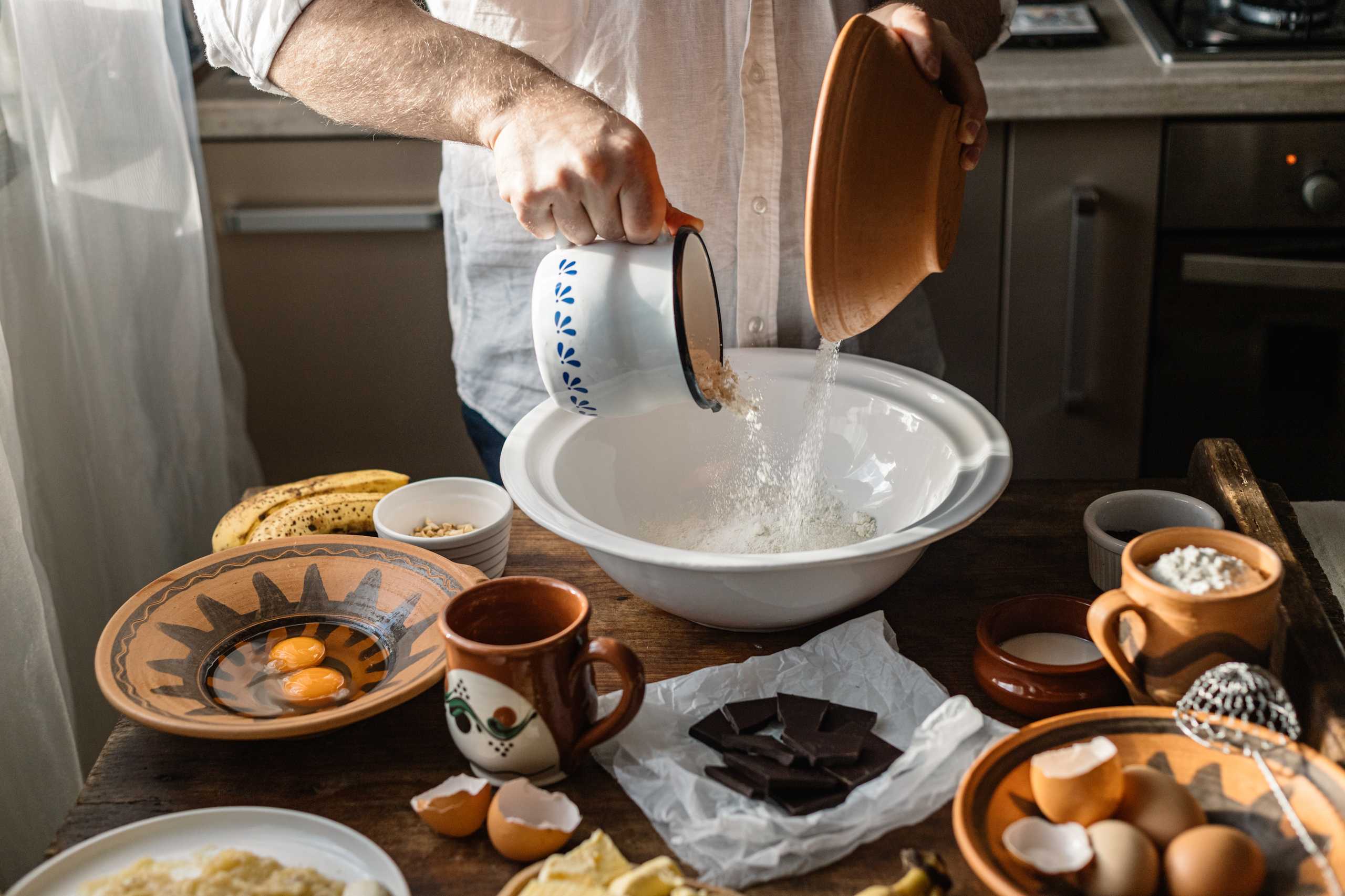Cooking is not just about following recipes—it’s about understanding flavors, textures, and the balance that makes a dish truly delicious. For beginners, developing taste and intuition might seem intimidating, but with practice and attention, anyone can train their palate and start cooking confidently without relying solely on instructions.
Start Tasting Early
Developing a refined palate begins with awareness.
- Taste Ingredients Individually – Understand the unique flavors of vegetables, spices, herbs, and proteins to know how they contribute to a dish.
- Experiment with Seasoning – Adjust salt, acidity, and herbs gradually while cooking to see how flavors interact.
- Compare Techniques – Roast, boil, or sauté the same ingredient to notice how cooking methods transform taste and texture.
This awareness allows beginners to predict outcomes and make better flavor choices.
Trust Your Senses
Cooking intuition grows when you rely on more than the recipe.
- Smell and Observe – Aroma and color changes indicate readiness, freshness, or proper seasoning.
- Feel Textures – Learning the right consistency for sauces, dough, or vegetables helps prevent mistakes.
- Listen for Cues – Sounds like sizzling, boiling, or bubbling provide guidance on timing and heat.
Using your senses trains your mind to make confident decisions in the kitchen.
Practice Creative Adjustments
Once comfortable, start personalizing dishes.
- Swap Ingredients – Substitute proteins, grains, or vegetables to suit your taste or availability.
- Combine Flavors – Experiment with herbs, spices, and condiments to discover new combinations.
- Adjust Portions and Seasoning – Learn how minor changes affect the dish and refine it to perfection.
Creativity grows naturally when you understand the foundations of flavor and cooking techniques.
The Joy of Developing Intuition
Cooking intuition empowers beginners to move beyond strict recipes. With practice, tasting, and experimentation, you’ll develop a sense of what works together, creating meals that are balanced, flavorful, and uniquely your own. The kitchen becomes a place of discovery and enjoyment rather than stress or confusion.
Conclusion
Developing taste and cooking intuition is a gradual journey. By practicing tasting, trusting your senses, and experimenting creatively, beginners can transform from recipe followers into confident cooks capable of crafting delicious, original meals every day.

